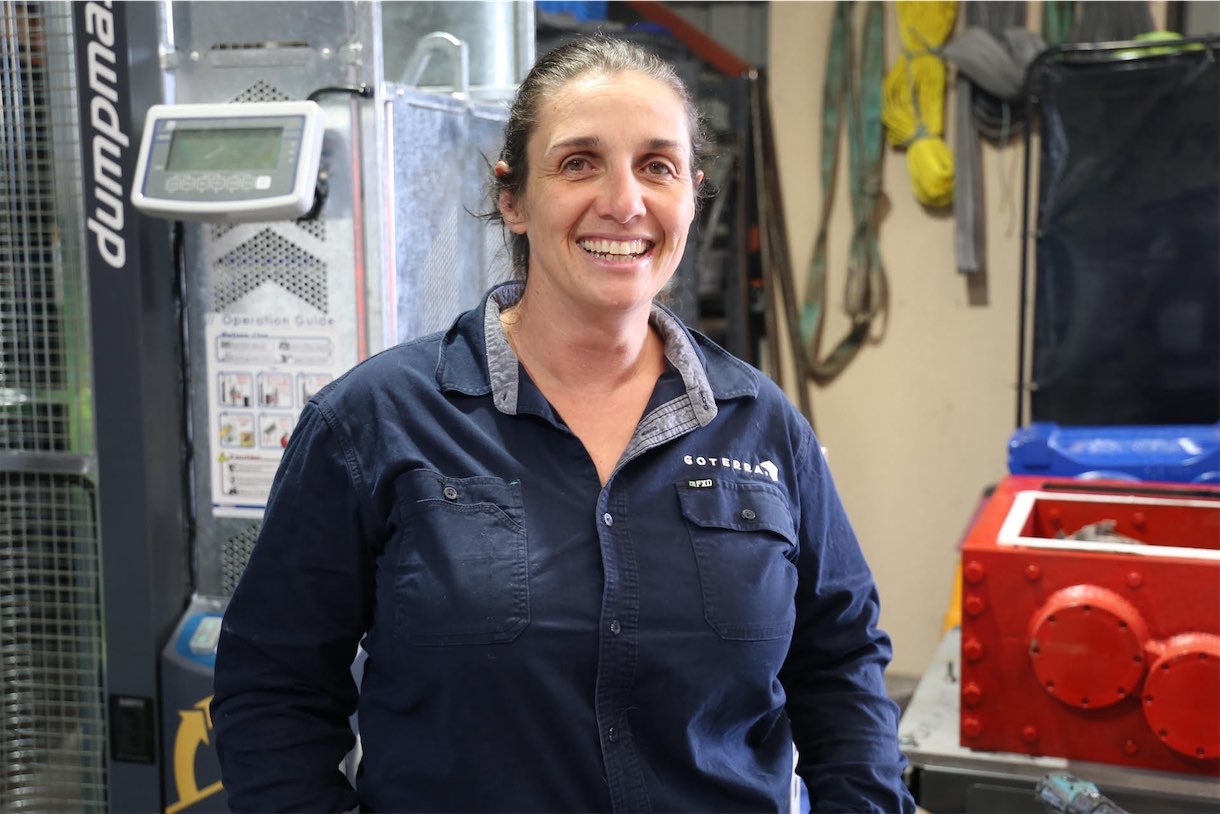
MAGGOT farmer Olympia Yarger wants to use her profile as ACT Australian of the Year to promote greater awareness of smart waste technology as a means to reduce our carbon footprint.
Through her start-up, Goterra, the Canberra-based insect farmer has revolutionised the way food waste can be turned into fertiliser and food for livestock.
On a Canberra property, Yarger has installed six shipping containers full of maggots that break down food scraps collected from schools, cafes, hospitals and hotels.
The maggots’ waste becomes fertiliser and the insects themselves become livestock feed.
Yarger’s innovative system is responsible for processing more than 35,000 tonnes of waste, saving more than 66,000 tonnes of carbon emissions.
She said the insect farm itself is run robotically.
“The shipping containers have a robotic system inside and the insects sit inside that in a racking system and that moves them around to feed and keep them at a climate-controlled temperature, so that they are happy,”
she said.
Established in 2016, the start-up has now expanded to employ 56 staff, most of whom are Canberrans.
One of the by-products of the maggot-farming process has been an attempt to extract oil to make soap, Yarger said.
“We are trying to learn about how we can valorise extraction so we can do something with the oils, so we have done a lot of oil extraction and we have made soap and different things like that,” she said.
Recently named the 2023 ACT Australian of the Year, Yarger intends to use the profile the award has given her to create greater awareness about organic waste, and how to deal with it in an environmentally responsible way.
“Nowhere in the world is innovating in waste,” Yarger said.
“It’s an area that doesn’t get a lot of attention because in our society we just
want waste to go away.
“For me, this award is a platform to speak to and bring attention to the challenges we have, because we have largely ignored our utilities and infrastructure in the conversation around innovation.”
She laments the fact there’s still a long way to go before we reach an acceptable level of environmental sustainability when it comes to processing our own waste.
“Ninety-five per cent of the world’s food waste goes to landfill,” she said.
“The only state in Australia that has really great food organics management in SA. All of the other states are lagging in the infrastructure and capability to manage food waste across their states.”
Farming maggots for a living is a long way removed from what Yarger thought she’d be doing when she left school.
“I just wanted to work with sheep,” she said.
“I had my wool-classing certificate and did a bunch of those sorts of things, but I thought that was what farming was, and that wasn’t a very mature approach to agriculture really if you think about it.
“Agriculture is about creating new efficiencies and production systems with animals and plants.
“The things that attracted me then were regenerative farming practices, circular farming practices and sustainable farming practices and that’s still true today even though we are farming insects in boxes.”
A self-confessed climate-change advocate, Yarger said: “For me this is all about climate action. We need technology out in the world today to deliver a circular economy or we are not going to make it.”
Yarger has set her ambitions towards addressing sewerage waste among other things.
“We are not doing much innovation in sewerage, and we are not doing much innovation in the things that actually cause a lot of pressure to supply chains and ecosystems,” she said.
“So I want to talk about the importance of building innovation into planning so that we can actually realise outcomes that are better than what was yesterday.”
Canberra born and raised, Yarger has retained strong ties with the region throughout her life.
“I was born at Woden Valley Hospital, and my gran still lives in Narrabundah at the house my grandad built,” she said.
“He was a bricklayer in Canberra and he built quite a lot of houses in Red Hill and Narrabundah.”
She also holds the rare distinction of having a fly named after her by the CSIRO.
“Dr Bryan Lessard, who is also a Canberran, discovered a new species of soldier fly in the Daintree and he named it Hermetia Olympea,” Yarger said.
As ACT Australian of the Year, Yarger is also in the running to be named the 2023 Australian of the Year when the awards are announced on January 25.
Who can be trusted?
In a world of spin and confusion, there’s never been a more important time to support independent journalism in Canberra.
If you trust our work online and want to enforce the power of independent voices, I invite you to make a small contribution.
Every dollar of support is invested back into our journalism to help keep citynews.com.au strong and free.
Thank you,
Ian Meikle, editor
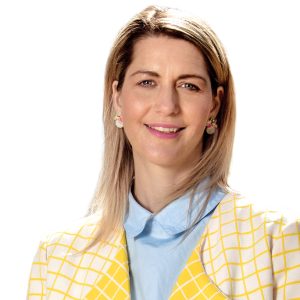
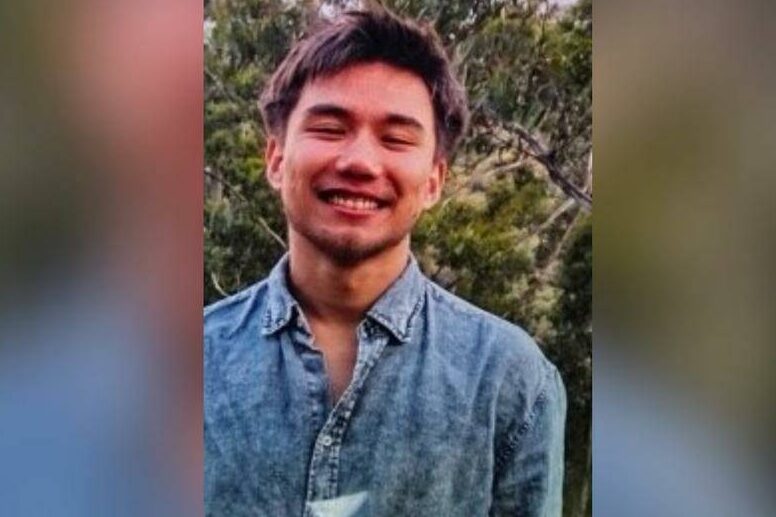
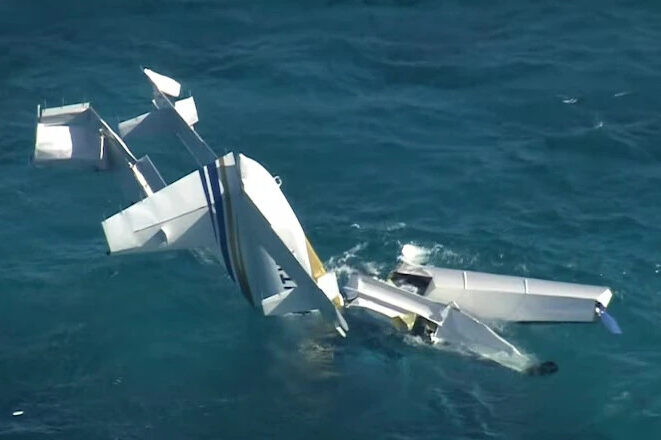
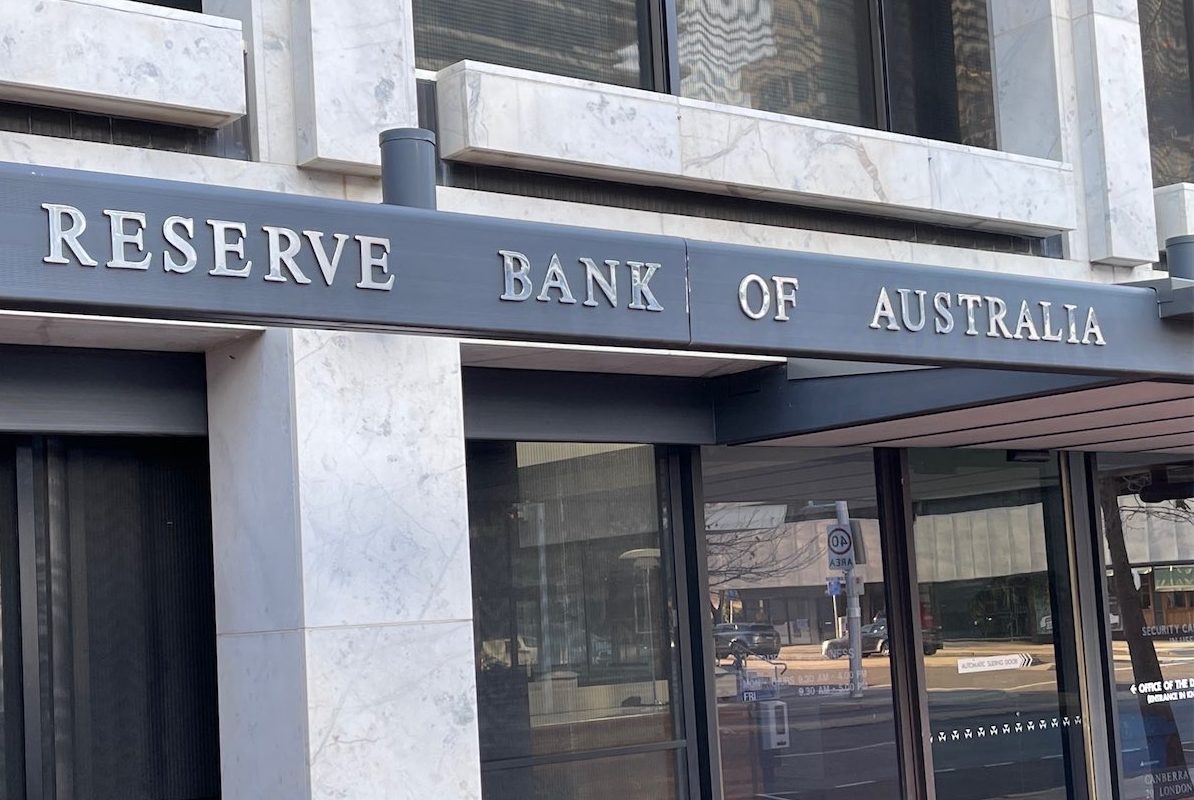

Leave a Reply